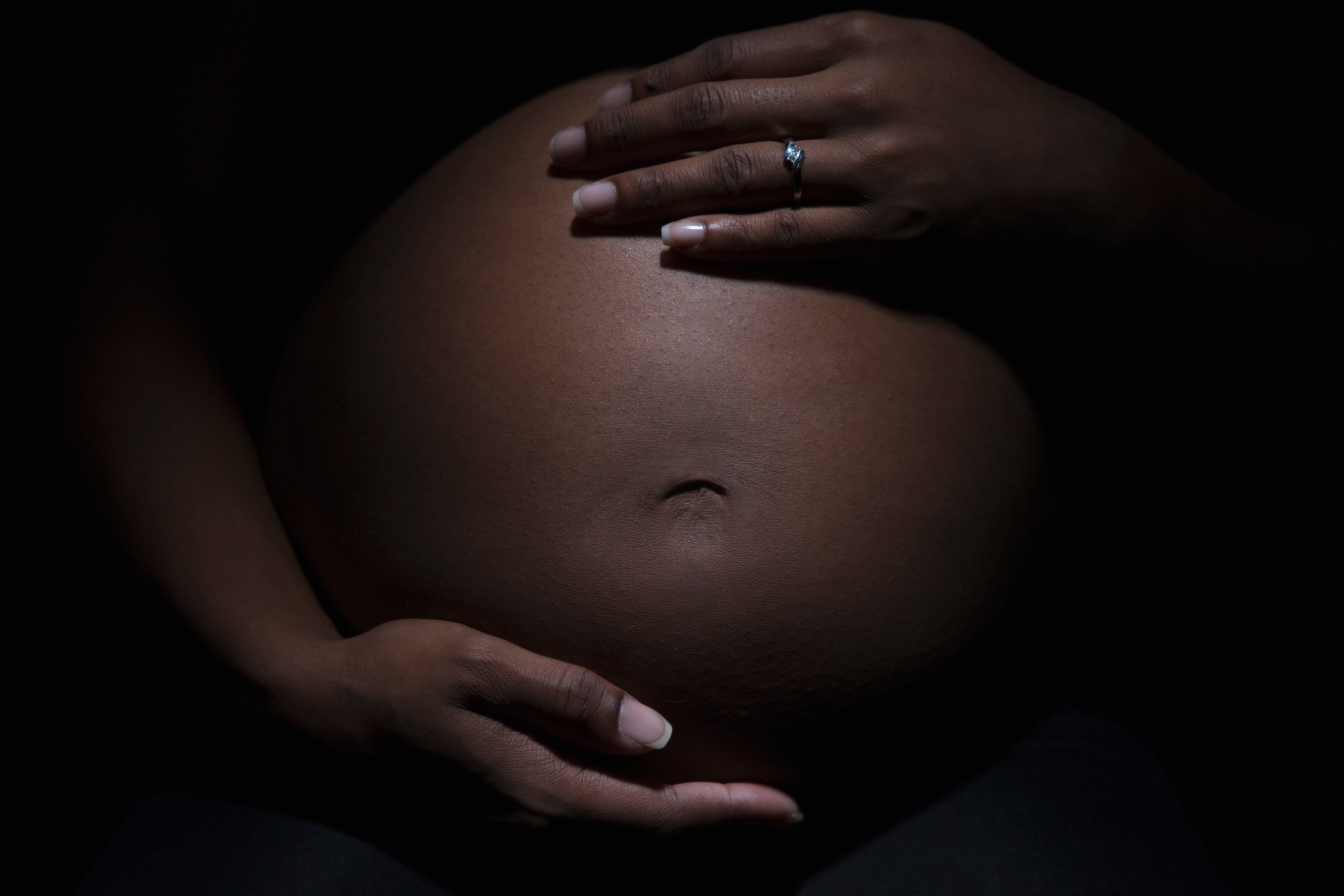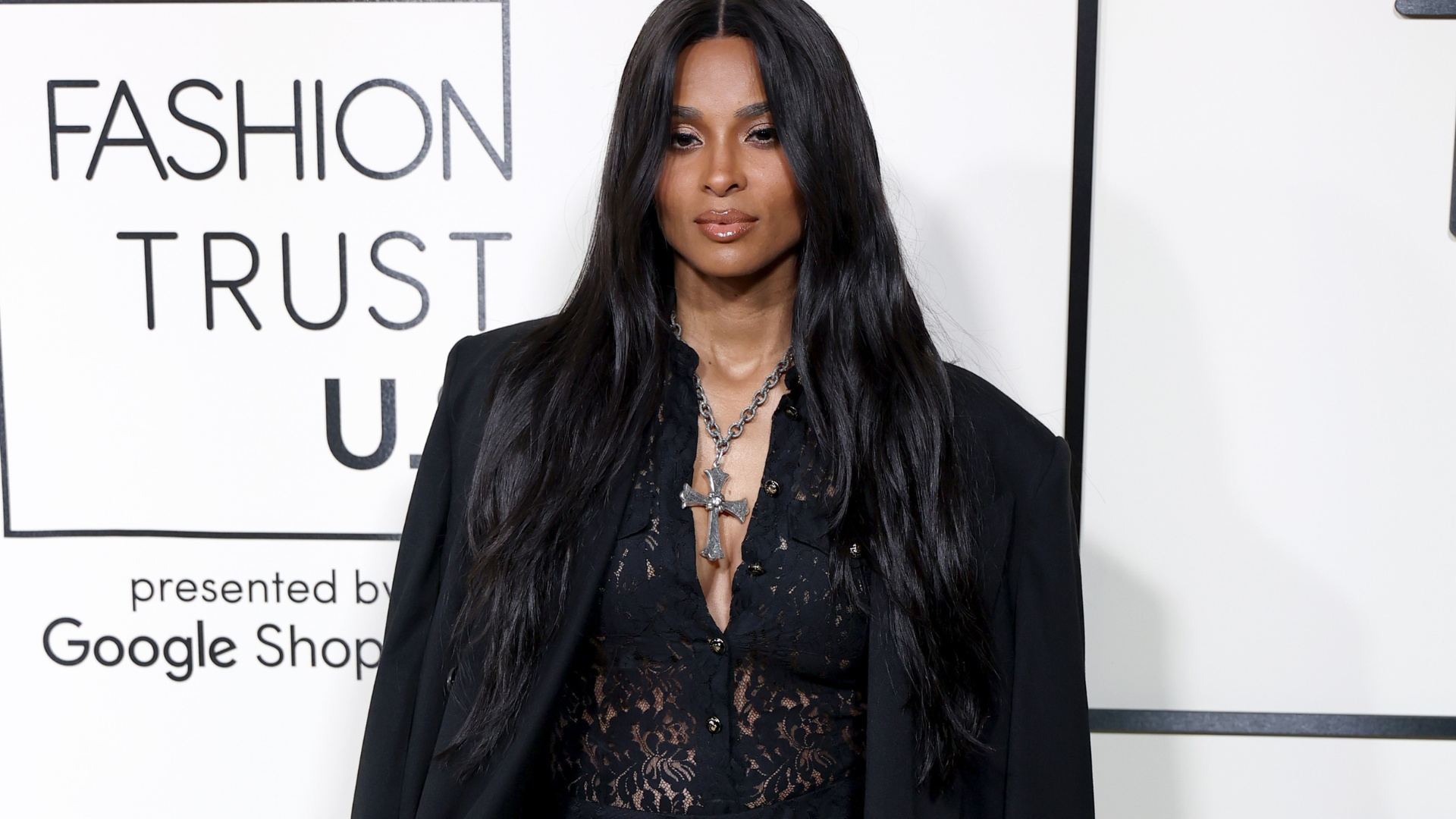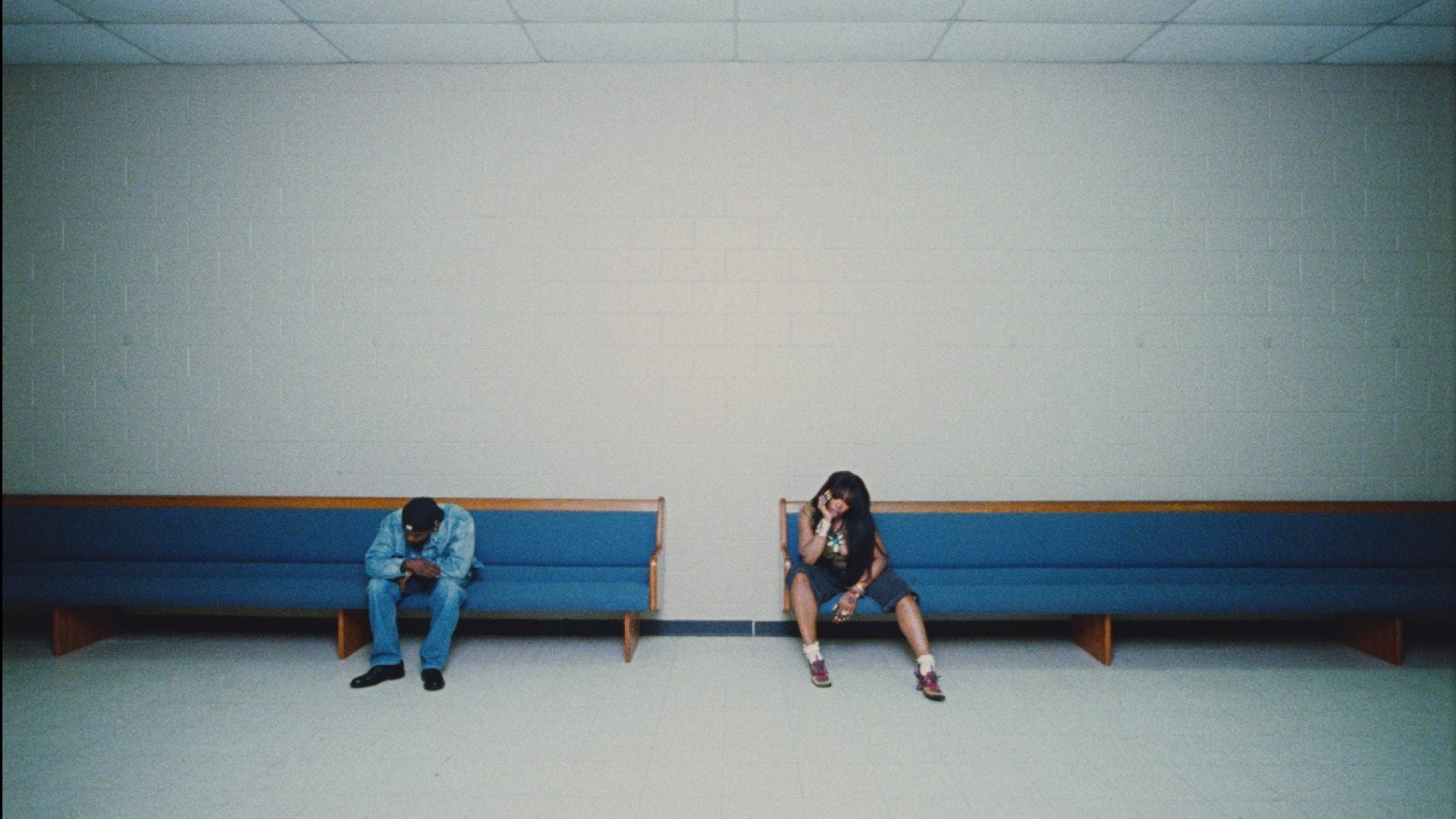
Generations of Black women have anxiously watched as our children walk out into a world set against them.
We teach them how to respond to police and how to react to racist comments, knowing that these lessons are not guaranteed to protect our children. But my mother never taught me that hospitals were a danger to my life as a Black woman, and I certainly never planned to teach the same to my child.
Yet as Black women, we are three to four times more likely than white women to die in childbirth from pregnancy-related complications in 2018.
Black women’s lives have never been shown any value in America. But I always thought I could at least count on the emergency room as one of the few places where any doctor would race to save my life.
Yet doctors today are influenced by the same racist stereotypes of Black women, from slavery through the abuses of the 20th century. Black history tells the stories of exploitation and abuse of Black women.
From being raped and forced to birth white children in the 18th century to being required to serve as wet nurses for white children in the 19th century to having the medical industry criminalize and near eradicate our legacy of midwifery in the early 20th century – Black women have experienced a long history of injustice that has poured over to the present time.
And not only are the experiences of Black women throughout American history largely muted, our pain is often celebrated. A prime example of this comes with the displays of reverence for J. Marion Sims – a doctor who conducted painful, invasive, and degrading experiments on Black women slaves without anesthesia or consent. He has been dubbed the “Father of Modern Gynecology,” and there are statues memorializing his medical “accomplishments” all across this country, including in New York City.
Sims’ absurd and inhumane justification for his experimentation on slaves was that “Black women don’t feel pain.” Of course, those Black women lying helplessly on Sims’ operating table felt pain, and most Black women today still experience these feelings of helplessness and pain when on the operating table – including me.
Prior to my pregnancy, I had no idea that the U.S had the worst rate of maternal deaths in the developed world — which is only rising — or that Black women were at the center of this epidemic. But after giving birth, I quickly saw why.
During my high-risk pregnancy, I consistently experienced subpar care from my hospital which led me to hire two midwives instead. They provided me with excellent and loving care, and they made my pregnancy a truly special and powerful moment in my life. I dreamed of giving birth in the comfort of my own home with my midwives by my side. But I needed a C-section and had no choice but to return to the same hospital for my delivery. This is where my real nightmare began.
While I was awaiting my C-section, the nurses assumed my doctor had gone over the procedure with me, and then awkwardly hurried out when I said he had not. When the doctor was summoned to my room, this old, white man stood in front of me and had the gall to ask, “What do you need to know?” as if I was either dumb for not knowing or too dumb to comprehend what the procedure would involve.
I was exhausted from being in labor and had no idea what to even say or ask. I never ended up receiving an overview of the process, and I never received any information on what I should expect or do post-mortem. And this ignorance was not bliss.
I stayed in the hospital for four days after my C-section. Four days of being in excruciating pain because they had under-medicated me. Four days of my mother begging the nurses and doctors to pay attention to me and bring me some much-needed relief, because these doctors like the “Father of Modern Gynecology” before them believed on some level that Black women don’t experience as much pain as white women.
When I was finally released from the hospital, I was certainly not recovered from what is a major surgery. But over the next few days I was so focused on trying to adjust to motherhood and learning to breastfeed, I failed to notice I had begun wheezing profoundly. Thankfully my mother noticed and urged me to go back to the hospital – and I’m glad she did.
I was diagnosed with pneumonia – which I learned was common after C-sections if you don’t follow a certain set of protocols that my doctor had failed to mention entirely. At another point, I was rushed back to the hospital because they thought I had a blood clot, a possibly life threatening situation that Serena Williams recently documented experiencing after her C-section.
The whole experience was hell and awakened me to the dangers of childbirth for Black women in this country — a full-on maternal health crisis that specifically puts Black women in the crosshairs of sexism and racism in our healthcare system.
In order to reverse the maternal health crisis for Black women in the U.S, we need concrete policies from our leaders and better protocols from hospitals. Congress should pass bi-partisan legislation, such as the Preventing Maternal Deaths Act of 2017 and Maternal Health Accountability Act of 2017, which aim to help states establish or improve their maternal mortality review committees to identify locally-relevant ways to prevent future deaths.
We also need hospital’s to institute protocols like those established in California. The state’s strict set of guidelines for addressing serious birth complications, like hemorrhaging, ensures that doctors and nurses have the tools and expertise to react quickly and accurately. These protocols have led to California’s maternal mortality rate being a third of the American average.
And we need hospitals to institute implicit bias training to weed out the sexist and racist behavior that is literally killing Black women.







But to push for these life-saving changes to our healthcare system, we need to first share our stories. We’re showing up, as we always do, and now speaking out about Black women’s traumatic and deadly prenatal and childbirth experiences. And we’re shedding light on the sexist and racist practices rooted in our healthcare system and demanding action from those in power.
Despite our vast history of hardships, we also have a vast history of resistance. Black women’s lives matter, and we’ll keep fighting until we are equally protected and cared for by our medical professionals.
Patrisse Cullors is a senior fellow for maternal mortality at MomsRising, co-founder of Black Lives Matter and author of “When They Call You a Terrorist: A Black Lives Matter Memoir.”






